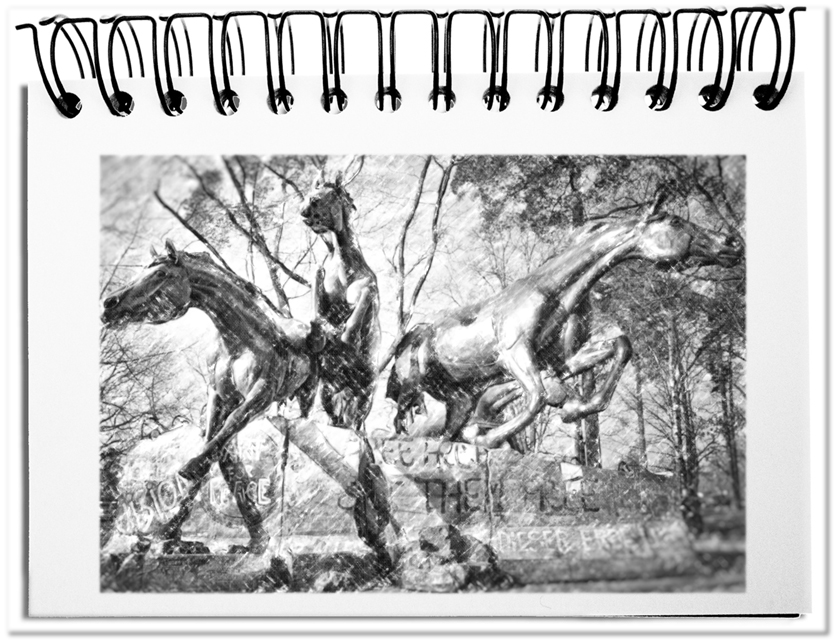The walls of Babylon were one of the Seven Wonders of the Ancient World. The Chinese wall secured China for several centuries against the rest of the world. Even today walls are still important. Within more than twenty years, the Berlin Wall became an important part of the global memory – especially due to its fall on November 9, 1989.
These 160 km that had surrounded the western part of Berlin plus the over 1300 km of border between the GDR and the FRG were a critical line of fracture between East and West – the German part of the iron curtain. Altogether at least 626 humans died in the attempt to cross this border. In the forty years of the GDR, estimated two hundred thousand detained were locked up in prison for political reasons. Three to five million people left the GDR between 1949 and 1989 (see in German http://ow.ly/DY8Zd). Over decades hundreds of nuclear missiles were ready to be launched in order to transform Germany into a nuclear desert. The damage that many people suffered cannot be undone. History will never forget these victims.
The fall of the Wall on November 9, 1989, ended the division of the world into East and West, the excessively bureaucratic and dictatorial system of the GDR as well as the latent nuclear threat for Europe. The credit for this goes to the reform movements in Poland, Hungary and Czechoslovakia and, above all, to many people of the former GDR, who fled into the embassies and demonstrated for freedom in the Monday Demonstrations. Thus, the November 9, 1989, is a turning point in world history removed the sword of Damocles of nuclear elimination 25 years ago. No gratitude of the world can properly meet this achievement.
After 25 years the separation should be overcome. Hopefully, the vanished border is not pulled up again from the west by populist propaganda.
All the best for the thirtieth!
What remains?
Still today, walls and fences exist between different ideologies, belief and economic systems. The Demilitarized Zone separates the North from South Korea. Between the US and Mexico a fence of 4m extends over 3000km. Peace lines separate Catholics from Protestants in Belfast. Europe has mainly natural borders, but in some places border installations are installed, e.g. the Spanish city Melilla is separated from Morocco by a 6-meter-high fence. A new form of border is Frontex (see https://en.wikipedia.org/wiki/Frontex).This organization secures the external borders of Europe. What does it actually take to learn from history?

